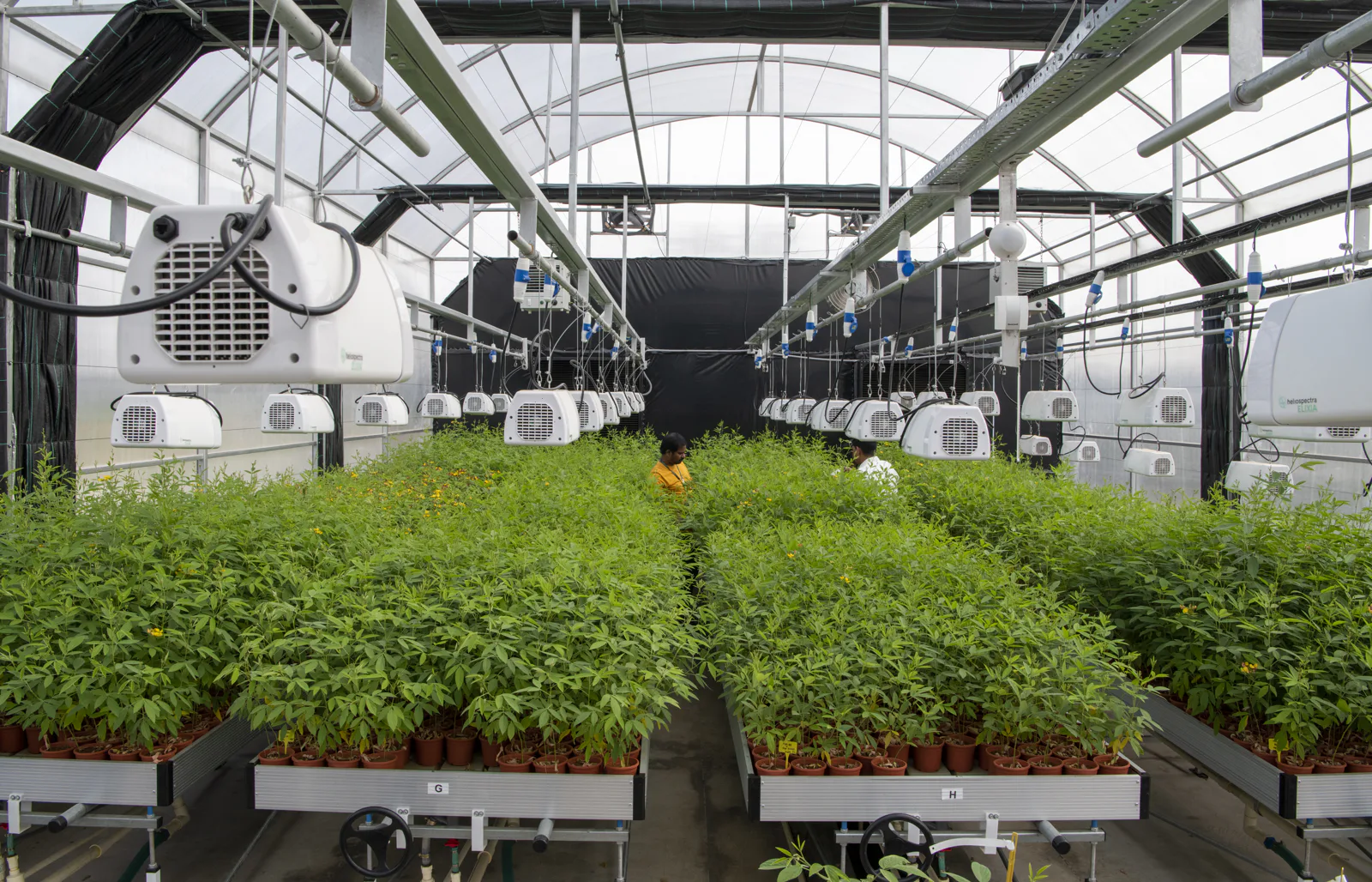Friday, 16 January 2026

Image Source: ICRISAT
The International Crops Research Institute for the Semi-Arid Tropics (ICRISAT) has been formally designated as the South Asia hub for Breeding Resources, part of CGIAR’s Breeding for Tomorrow (B4T) Science Program. This milestone embeds ICRISAT within CGIAR’s global network of standardized, high-performance breeding service centers, positioning it to accelerate crop improvement across the region.
The integration of ICRISAT into the Breeding Resources model signifies a harmonized approach where breeders—from CGIAR centers or national institutions—can access consistent, high-quality services ranging from genotyping and phenotyping to analytics and operational support. These services will follow the same rigorous protocols and digital workflows used across CGIAR hubs in Asia and Africa, ensuring quality, transparency, and interoperability throughout the system.
At its core, the Breeding Resources program is about delivering reliable, cost-effective, and scientifically robust services that scale. With ICRISAT onboard, South Asia gains access to a connected global ecosystem that leverages shared tools like the Enterprise Breeding System and Bioflow analytics pipeline. Services such as DNA sequencing, nutritional profiling through Near-Infrared Spectroscopy (NIRS), mineral content analysis using X-Ray Fluorescence, and rapid generation technologies are all delivered within a single coordinated framework. ICRISAT’s in-house capabilities, like its Facility for Exploratory Research on Nutrition (FERN), now operate under Breeding Resources standards, benefiting from system-wide quality control and collaborative R&D.
This shift aligns with the mission of Breeding for Tomorrow—to deliver faster, more inclusive, and climate-resilient crop innovation. With a strategic location and deep regional expertise, ICRISAT is uniquely positioned to serve as a breeding accelerator for South Asia, driving the development of crops better suited to water scarcity, heat stress, and malnutrition. Since its inception, ICRISAT has developed 507 improved crop varieties and distributed nearly 595,000 germplasm samples across eight South Asian countries. Now, as a Breeding Resources hub, its impact is expected to scale even further.
Dr. Himanshu Pathak, Director General of ICRISAT, noted that the institute is fully equipped to deliver harmonized services that enhance breeding outcomes and support resilient food systems. Eng Hwa, who leads the Breeding Resources area of CGIAR’s B4T program, echoed this sentiment, emphasizing the importance of standardization and scalable service delivery. With a dedicated service portal and a system of shared digital platforms, breeders across the region can now seamlessly access services that turn data into decisions and trials into viable, climate-smart varieties.
The move reflects a broader strategic shift in global agricultural research—from fragmented, project-based models to coordinated platforms that emphasize efficiency, interoperability, and outcomes. ICRISAT’s role as South Asia’s breeding hub reinforces its legacy as a driver of innovation in dryland agriculture and places it at the forefront of CGIAR’s efforts to build resilient food systems through science.